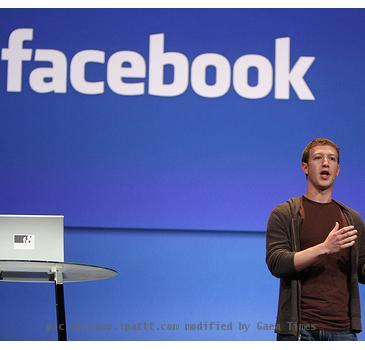Friend the world: US diplomats urged to reach out globally via Facebook, Twitter
By By Ileana Morales, APThursday, June 3, 2010
Friend the world: Diplomats tap into social media
WASHINGTON — Teenagers clicked away on their cell phones in a bustling Iranian marketplace. Ignoring the cold, they exchanged information about parties, dates and potential bandmates with strangers, using Bluetooth technology.
It is this type of simple adaptation of social networking that is key to U.S. public diplomacy efforts, said Jared Cohen, a member of Secretary of State Hillary Rodham Clinton’s policy planning staff. Cohen recalled visiting Iran about five years ago while researching a book and seeing young Iranians in the southwestern city of Shiraz busily texting each other. Communicating, but no one was talking.
Diplomats with decades of experience and knowledge need to work with the under-30 age group that is deftly using Internet-based communication technology, Cohen said. Traditional channels of diplomacy are fine, but they will need an assist from Facebook, Twitter and other social networks to succeed.
“They’re an incredible resource that needs to be harnessed,” Cohen said during a lecture sponsored by Ogilvy Public Relations.
Cohen noted a few powerful examples. After the Jan. 12 earthquake in Haiti, text messaging was crucial to collecting donations for emergency relief. In Afghanistan, Cohen said, he encountered inmates who smuggled in cell phones to organize riots.
And, Cohen said, Colombian President Alvaro Uribe pointed out that the most recent major demobilization of the Revolutionary Armed Forces of Colombia, also known by the Spanish acronym FARC, could not have happened without social networking, specifically Facebook, to organize protests with millions of supporters worldwide.
The U.S. government also should recognize these “tools for empowerment” can be used with good or bad intentions, Cohen said, adding that there is no better time than now to influence these new technologies.
Vinton Cerf, vice president and chief Internet evangelist for Google, agreed. Seated on the front row for Cohen’s remarks, Cerf said new communication technologies are platforms for conversations that otherwise would not have taken place.
The Obama administration is “the first administration I can think of that has engaged this deeply the use of technology in the State Department,” Cerf said.
Hoping to harness social media’s diplomatic potential, the State Department launched the Virtual Student Foreign Service program last year. College students interning with foreign embassies use their online skills to write blogs and interview diplomats. As the program grows, so will their responsibilities.
Tags: Computing And Information Technology, Internet Technology, North America, Relationships, United States, Washington
|
June 4, 2010: 8:44 am
I visits your site your writing style is excellent and the content is relevant. Thanks for the insight you provide the readers! |


kaleigh